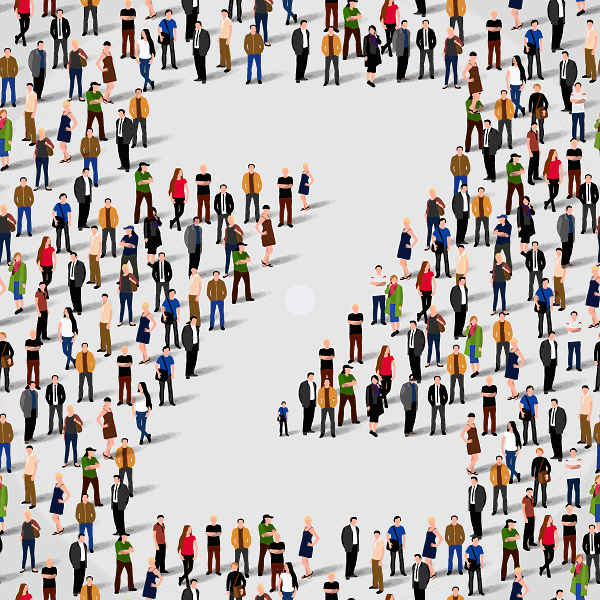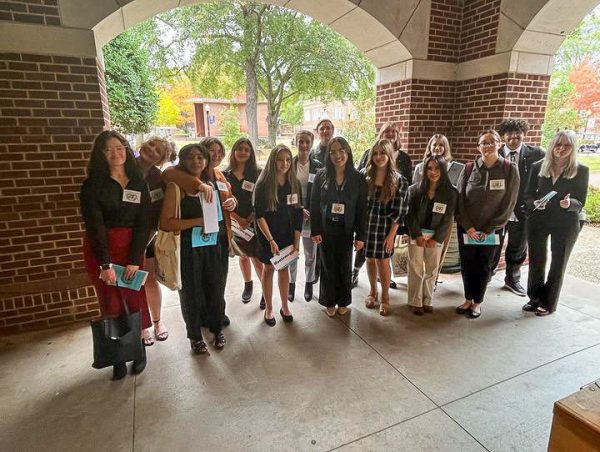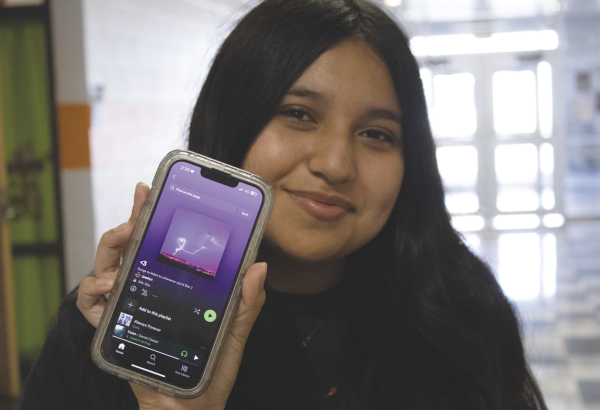Generation Z

October 19, 2017
People born between the mid 1990s and (arguably) mid 2010s are called Generation Z. Generation Z is of many names: iGeneration, Post-Millennials, TransGeneration, Centennials, Y2Kers, Generation 9/11, and The Homeland Generation. Gen Z is also of much potential; we are still very young and have yet to make the world ours. Early indications show that this generation is more self-aware, goal-oriented, and independent. We don’t subscribe to tradition, we make things happen. We’re comfortable with technology, are highly educated, the most diverse generation yet, and yearn to change the world.
Unfortunately, our changes may include some of the most critical to life so far; over half of them report to be worried about their future. Although Gen Z already has many activists born into it, Malala Yousafazi, Zendaya Coleman, Sasha and Malia Obama, and many others, this generation is said to already be quite politically aware. Most Gen Zers haven’t been able to vote in a presidential election, but other outlets are saying that Gen Z has little faith in Washington. Compared with Millennials, the most recent generation cares more about dealing with societal issues like education, racial inequality, and employment. Because of these qualities combined, Gen Z is more likely to legitimately solve problems using creativity. Some projections show that Gen Z will be politically independent and vote for the issues over the parties.
Even compared to the last generation, Gen Z will be the most reliant on technology yet. To leave their phones at home will not be an option in the workplace, but Gen Z will also be the most capable of using their devices effectively for their jobs. We feel emotionally distressed when separated from our personal devices. Gen Z limits the ads we are shown by using ad blocking software, reinforcing our independence. Because of ad-block, marketing to Gen Z is reduced; in the advertisements, we do see we respond best to real people. Furthermore, Gen Z is most influenced to buy based on word-of-mouth recommendation. Unlike Baby Boomers, Gen Z values quality over quantity in our products. Our connection with technology has impacted our relationship with culture.
Gen Z is the least risk-prone generation in decades. Smoking, alcohol consumption, drug abuse, and teen pregnancy are all lower among this generation. Instead, we are focusing on exploring our personal identity than previous generations. We are very adaptable and are more tolerant than older generations; LGBTQ+ is far more accepted by Gen Z. This is America’s last Caucasian-majority generation and we draw inspiration from around the globe. Because of our global-aspirations, we are co-creating culture by redefining entertainment, consumption, marketing, and the workplace.
Gen Z is raised by Gen X and Millennials so there are clear influences on us from those generations, but we are undeniably the most unique and individual generation that the world has ever seen. Gen Z is aware of our individuality and work together despite it. Gen Z comprises nearly 2 billion people globally. We were born into a time of global recession, terrorism, and climate change. We are growing up with influences like Miley Cyrus, Logic, Shailene Woodley, and Beyoncé.
Statistically, this will become the most educated generation so far in time, as Gen Zers have the tendency to share information. Over half of Gen Z feels that we need college and internships to become successful. We aim to be entrepreneurs instead of employees after completing our education. Gen Z is full of innovators. And our 8-second attention span won’t stop them from researching everything!
Generation Z is considered all of these things. The future is ours. But with every new generation of humans, the next one after Centennials will be vastly different yet. The world changes.










